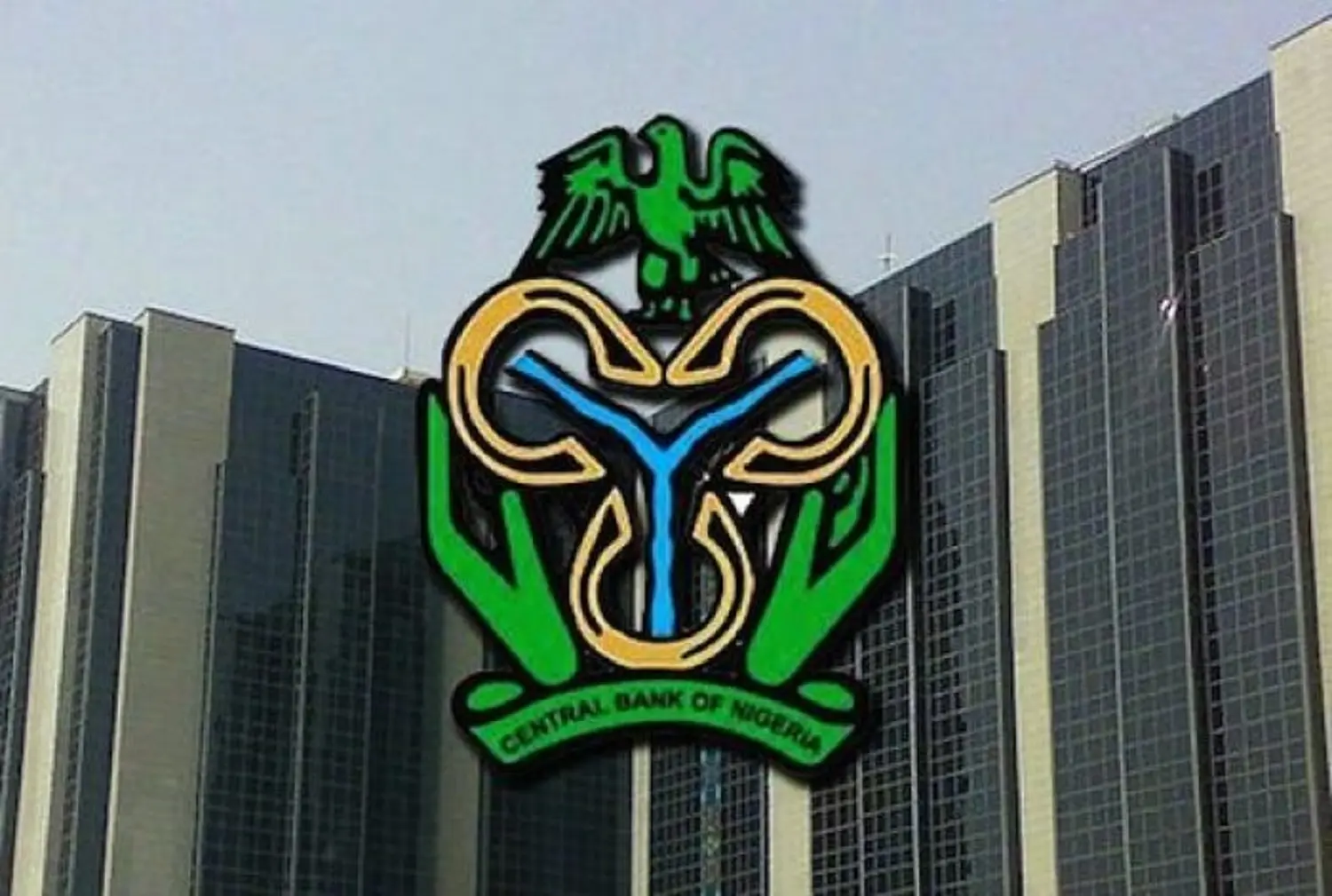A WhatsApp message currently in circulation suggests that by January 2024, the Central Bank of Nigeria will redenominate the Naira.
The message which has now gone viral also stated that the directive was given by President Bola Ahmed Tinubu.
According to the message, the redenomination process will take place by dropping two zeros from the currency or moving two decimal places to the left.
The message read, “The name of the national currency will still be the Naira. However, during the transition period, the existing Naira will be referred to as the “Old Naira”, and the new one to be called the “New Naira”. After the transition period, the word “New” may be dropped. For example, the following equivalents will obtain as we re-denominate:
FACT CHECK: Did A Nigerian burn periwigs after tribunal ruling as Charly Boy claimed?
FACT CHECK: Is it true Jonathan Warned Tinubu against influencing tribunal judgement?
“𝐎𝐥𝐝 𝐍𝐚𝐢𝐫𝐚 (𝐢.𝐞, 𝐄𝐱𝐢𝐬𝐭𝐢𝐧𝐠 𝐍𝐚𝐢𝐫𝐚 𝐚𝐬 𝐚𝐭 𝐭𝐨𝐝𝐚𝐲)𝐍𝐞𝐰 𝐍𝐚𝐢𝐫𝐚 (𝐚𝐬 𝐟𝐫𝐨𝐦 𝐉𝐚𝐧𝐮𝐚𝐫𝐲 𝟐𝟎𝟐𝟒 𝐩𝐨𝐥𝐢𝐜𝐲 𝐰𝐨𝐮𝐥𝐝 𝐛𝐞 𝐟𝐮𝐥𝐥𝐲 𝐢𝐦𝐩𝐥𝐞𝐦𝐞𝐧𝐭𝐞𝐝 𝐛𝐲 𝐜𝐛𝐧).
50 kobo Half kobo**
N1 = 1 kobo coin
N2 = 2 kobo coin
N5 = 5 kobo coin
N10 = 10 kobo coin
N20 = 20 kobo coin
N50 = 50 kobo coin or note***
N100 = N 1 note
N200 = N2 note**
N500 = N5 note
N1,000 = N10 note
N2,000* = N20 note
“The ‘new Naira’ coins and notes will be different from the existing ones i.e. in design, appearance, security features, etc.
“All Naira assets and liabilities (including bank deposits), prices, fees, rents, and contracts (including salaries and wages) will be re-denominated by dropping two zeroes or moving two decimal points to the left.
“During the ‘transition period’ prices will be quoted in both the ‘new Naira’ and the ‘Old Naira’ and everyone will choose whether to pay in the new or old Naira. These five months will be allowed so that everyone will get familiar with the conversion, and it will become self-evident to everyone why he/she would prefer to transact in the ‘new Naira’ rather than the ‘old Naira’. For example, if a bag of garri sells for N2,000 (old Naira), the price in ‘new Naira’ will automatically be N20. The customer will choose to pay either N2000 in old Naira or N20 in the ‘new Naira’. In the supermarkets and formal markets, prices will be displayed in both ‘old’ and ‘new’ Naira. In the informal markets where prices are negotiated, the negotiation could be done in the ‘old Naira’ as usual and converted into the ‘new Naira’ if the customer wishes to pay with the ‘new Naira’.
“This will ensure that prices do not rise due to rounding-up. The five months are also needed for everyone (formal and informal sectors) to become fully familiar with the conversion. It will become obvious to everyone that N50,000 of the ‘old Naira’ has the same purchasing power as N500 of the ‘new Naira’. The question then would be: why carry N50,000 of old Naira when N500 of the new Naira will buy you the same thing? Consequently, if you have N50,000 in your bank account, it will automatically become N500 in the ‘new Naira’ i.e. if you want to withdraw in the ‘new Naira’ or you can still withdraw N50,000 in ‘old Naira’ during the transition period (January 2024).
“The decision has been taken by the cbn by the directive of President Bola Ahmed Tinubu to reduce the surfering of Nigerians and also slow down inflation.”
Verdict: False and Misleading
Verification:
What does currency redenomination mean?
It involves the process where a new unit of money replaces the old unit with a certain ratio. It is achieved by removing zeros from a currency or moving some decimal points to the left, with the aim of correcting perceived misalignment in the currency and pricing structure, and enhancing the credibility of any local currency.
Consequently, in verifying the message, Daily Trust noticed that the message has been tagged “Forwarded many times” by WhatsApp which is an indication that it must have gone viral and shared in different WhatsApp groups targeted at misleading Nigerians.
Secondly, findings by Daily Trust showed that the entire message is misleading and false as the scheme was introduced by the then Central Bank governor and the current governor of Anambra State, Prof. Charles Soludo.
Further findings by Daily Trust also showed that the scheme had failed due to a lack of clear-cut strategies on how to implement the policy.
Subsequently, late President Umaru Musa Yar’Adua ordered for the suspension of the policy in 2008.
Soludo’s failed currency redenomination policy
Checks by Daily Trust revealed that the currency redenomination policy tagged “redenomination of the naira” introdiced by Soludo was introduced in 2008 with the goal of removing two decimal points from behind.
Daily Trust understands that the former CBN governor’s motive was to single-handedly revalue the naira from N125 to a dollar to N1.25 to a dollar in order to save the country from the potential monetary crisis occasioned by the global financial crisis of 2007 to 2008.
It was reported that about $12 billion contract was proposed to be awarded by the CBN for the printing of about six billion naira notes.
However, the decision didn’t go down well with late President Umaru Musa Yar’adua who ordered the outright suspension of the policy.
Conclusion
Checks by Daily Trust confirms that the current message being circulated on WhatsApp is false and misleading as it was a failed policy introduced by the former CBN governor, Prof. Soludo.
This Fact Check is produced in Partnership with the Centre for Democracy and Development (CDD)

 Join Daily Trust WhatsApp Community For Quick Access To News and Happenings Around You.
Join Daily Trust WhatsApp Community For Quick Access To News and Happenings Around You.

